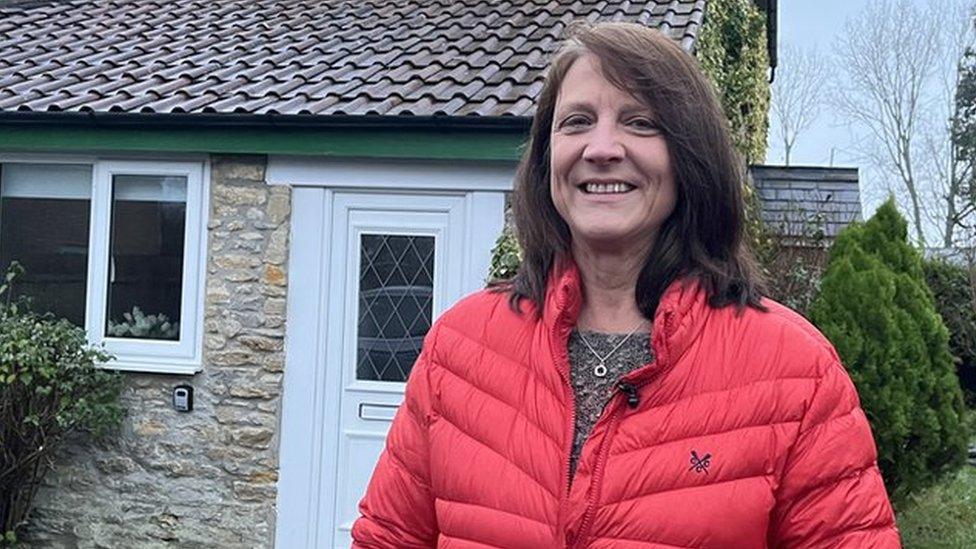Charities warn families will struggle despite energy price cap
- Published
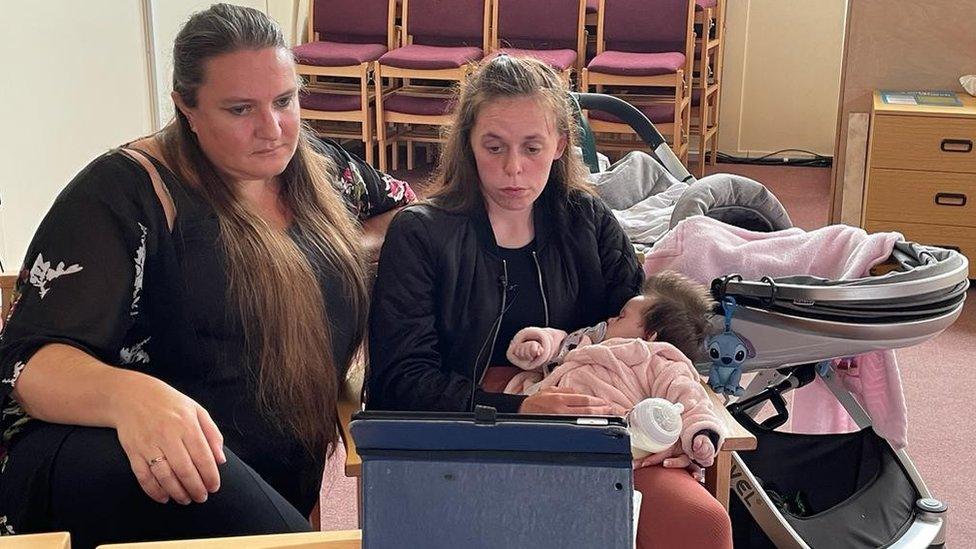
Family Space offers support and advice to young parents in Cheltenham
A single mother-of-two from Gloucestershire has said she is desperately worried about having a cold house this winter with her young baby.
Kiaya, from Cheltenham, said she was already limiting when she used her household appliances but her energy bills had doubled in the past year.
"I have to be really savvy. It's hard, especially with a new baby," she said.
The charity, Family Space, said the government's energy price cap would not be enough help for the most vulnerable.
For struggling families it was "a welcome relief, but not a solution", the charity's manager Sarah Avery said.
On 8 September Liz Truss announced a series of measures to support people through the cost-of-living crisis including a price cap to keep average household bills below or at £2,500 for the next two years as part of an estimated £150 billion package, which could save consumers up to £1,000 per year.
She said the price freeze, which limits the amount suppliers can charge for units of gas, would help people save thousands of pounds, and was in addition to the £400 energy bill discount already pledged to every household.
The most vulnerable would also continue to receive £1,200 of support provided in instalments throughout the year, she said, but charities remain concerned.
At the Family Space playgroup in Hesters Way, Cheltenham, the majority of families receive Universal Credit.
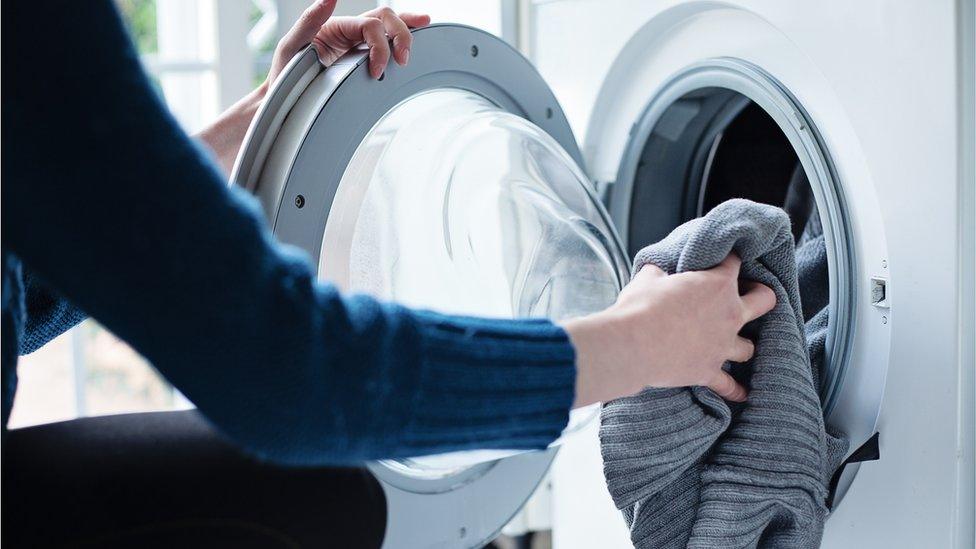
Restricting the number of washes per week is taking its toll on new mother Kiaya, she says
Kiaya brings her three-year-old son, Hunter, and nine-week-old baby to the centre to meet other children, and to receive support and advice.
"My washing and stuff like that is very limited, so I'm only putting it on once or twice a week rather than being able to put it on when I need to," she added.
Family Space was set up more than 25 years ago to build bridges with families in the local communities to feed and provide fuel for households.
Its #FeedCheltenham project provides a range of support for young families such as the successful Food Pantries.
Increasing numbers of people are using the service, but fewer are donating. Many said they were scared to turn the power on to cook the food they had received.
Ms Avery, who runs FeedCheltenham, said: "It's not just about help with bills.
"It's about how parents are able to balance their budgets.
"If you can only buy food day-to-day, instead of bulk buying and freezing, it's not economical.
"It's easy to go to Iceland and buy cheap chicken nuggets and chips; it can be expensive to buy fresh meat."
Jane Hawke, a consumer champion, said it was more important than ever to monitor household energy use and consider alternatives.
"A slow cooker can cost as little as 2p for half an hour, which is much less than conventional cookers," she said.
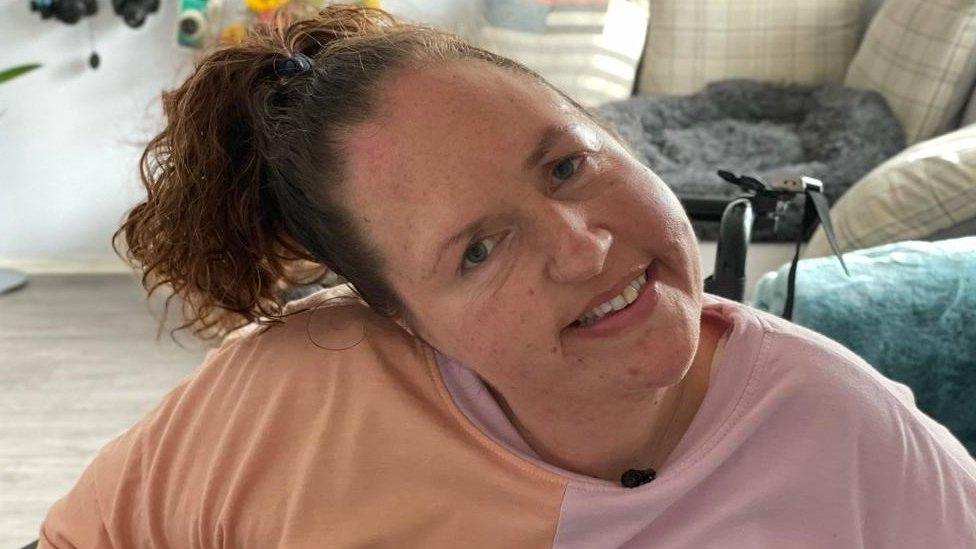
Georgina Moore is reducing her energy use as she needs electricity for her medical equipment
Family Space said it hoped to offer more help to vulnerable people by opening 10 different community venues across Cheltenham, where there are pockets of deprivation.
There will be somewhere warm to have a cup of tea and toast, charge a phone, use WiFi or just to sit and watch TV if they are unable to put the heating on at home, Ms Avery said.
Meanwhile, roughly 50 miles (80km) away in Chipping Sodbury, South Gloucestershire, Georgina Moore, who lives with disabilities, said she has had to cut her energy use just to ensure she can still charge her wheelchair.
"I have to charge my electric wheelchair or I'll be sat here in one position. I won't be able to move," she said.
"Obviously I rely on (electricity) for all my medical equipment. It is not a choice," she added.
"I have to be hoisted electrically into bed. I have to be hoisted onto the toilet. Otherwise that's my basic rights gone out of the window."
She too is increasingly worried about the rising cost of electricity and the impact it will have on her quality of life.
Up to six million disabled people are now starting to receive cost-of-living payments worth £150 as part of the latest part of a government support package announced in May.
Ms Moore said with price rises that would not be enough to last the winter and for her, life without electricity would be "like having your legs cut off".

Follow BBC West on Facebook, external, Twitter, external and Instagram, external. Send your story ideas to: bristol@bbc.co.uk , external
Related topics
- Published15 September 2022
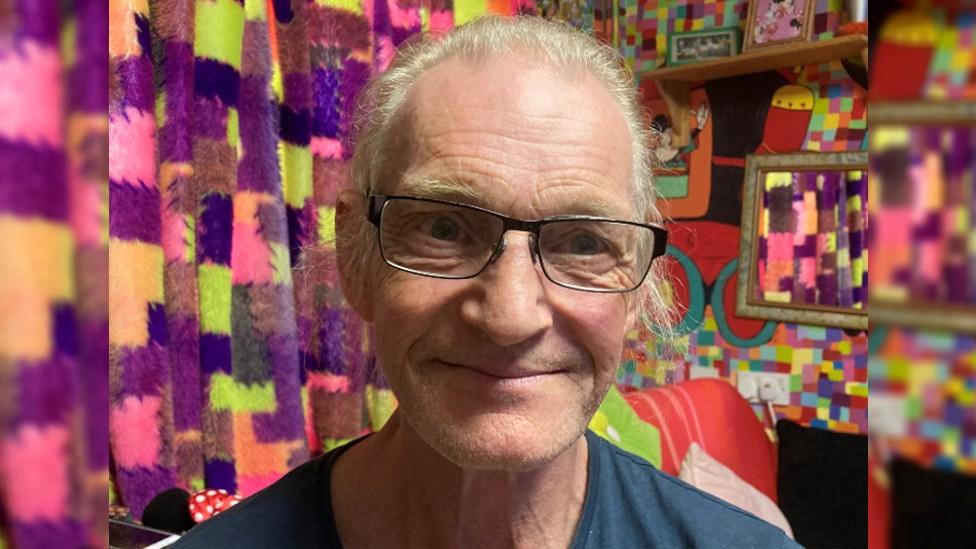
- Published22 August 2022
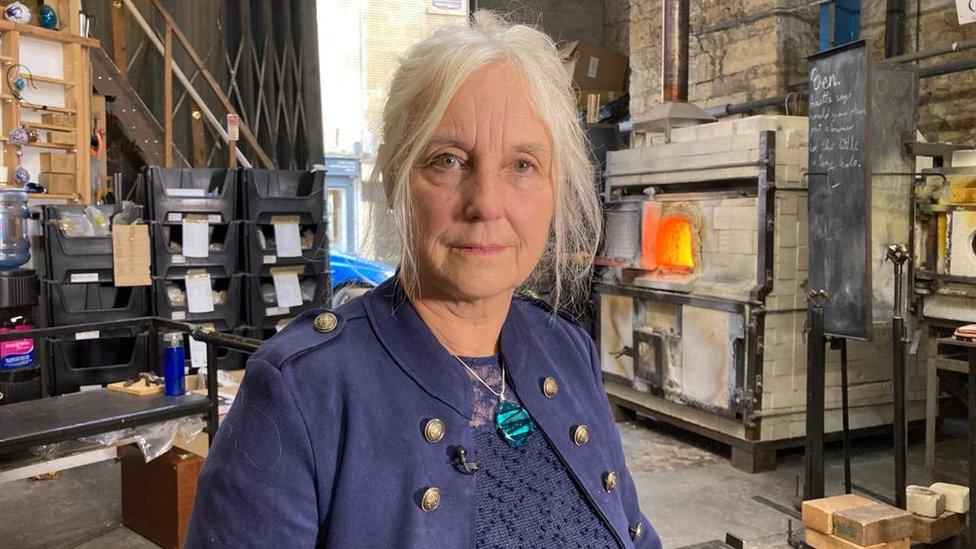
- Published1 September 2022
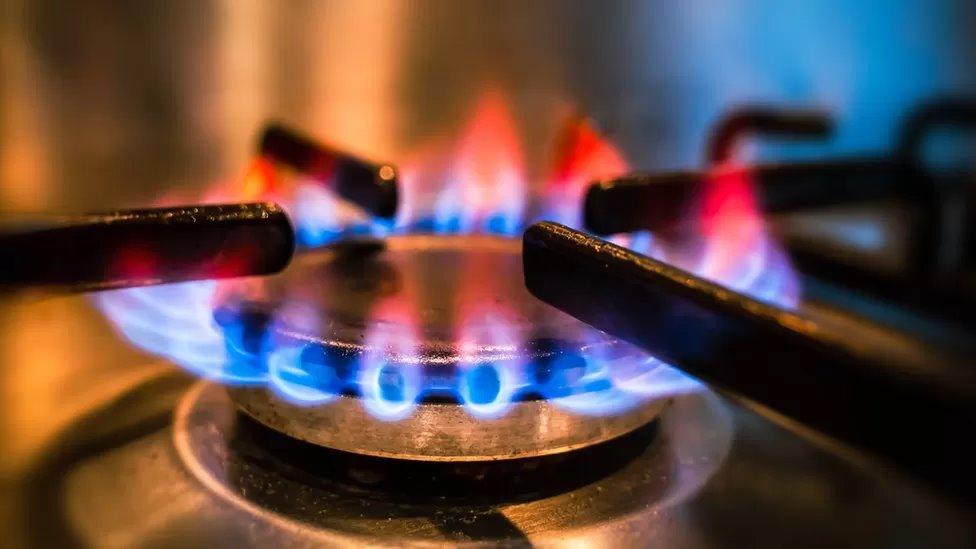
- Published17 January 2022
